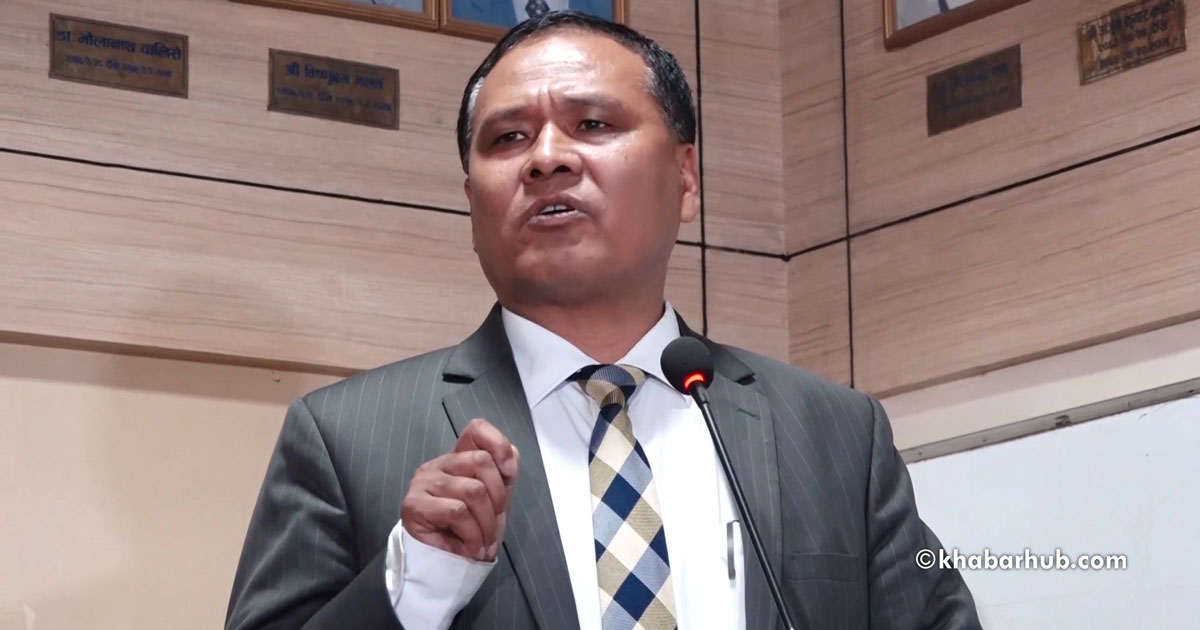KATHMANDU: The removal of Kulman Ghising as Managing Director of the Nepal Electricity Authority (NEA) and his replacement with Hitendra Dev Shakya has intensified political tensions, sparking discontent even within the ruling Nepali Congress (NC).
NC spokesperson Dr. Prakash Sharan Mahat voiced his dissatisfaction, stating that the plan to oust Ghising had previously been shelved.
“We believed the decision to remove Kulman had been called off,” Mahat said. “There was no discussion within the party—absolutely nothing.”
Similarly, NC General Secretaries Gagan Thapa and Bishwaprakash Sharma criticized the move, arguing that the government was taking the wrong course. Home Minister Ramesh Lekhak also reportedly opposed the decision in the Cabinet meeting.
Despite the internal pushback, a minister confirmed that Energy Minister Deepak Khadka and Foreign Minister Dr. Arzu Rana Deuba, both from the Nepali Congress, supported the dismissal.
The decision also drew immediate condemnation from Maoist Center Chairman Pushpa Kamal Dahal ‘Prachanda,’ who issued a strong statement against it.
“My administration appointed Kulman Ghising at a time when Nepal was grappling with severe load shedding,” Prachanda wrote on social media. “His expertise, combined with our leadership, helped illuminate the country. The government’s decision to remove him is completely unacceptable. I strongly denounce this move, which reeks of arrogance driven by a two-thirds majority.”
Opposition leader and Rastriya Prajatantra Party Chairman Rajendra Lingden also criticized the government, labeling the decision a serious misstep.
“This government is acting as though it has unchecked power to remove or retain officials as it pleases. This is an outright abuse of authority,” Lingden said, pledging to raise the matter in Parliament.
Kulman Ghising, meanwhile, has announced that he will take legal action against his removal.
With tensions brewing both within the ruling party and among opposition forces, the issue is expected to escalate into a major political confrontation. The debate is likely to unfold in Parliament and in court in the coming weeks.









Comment